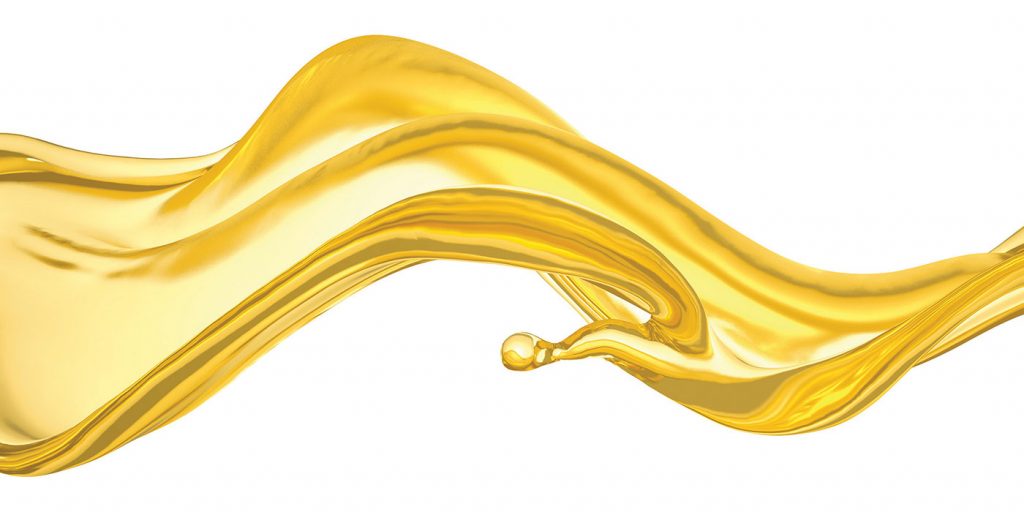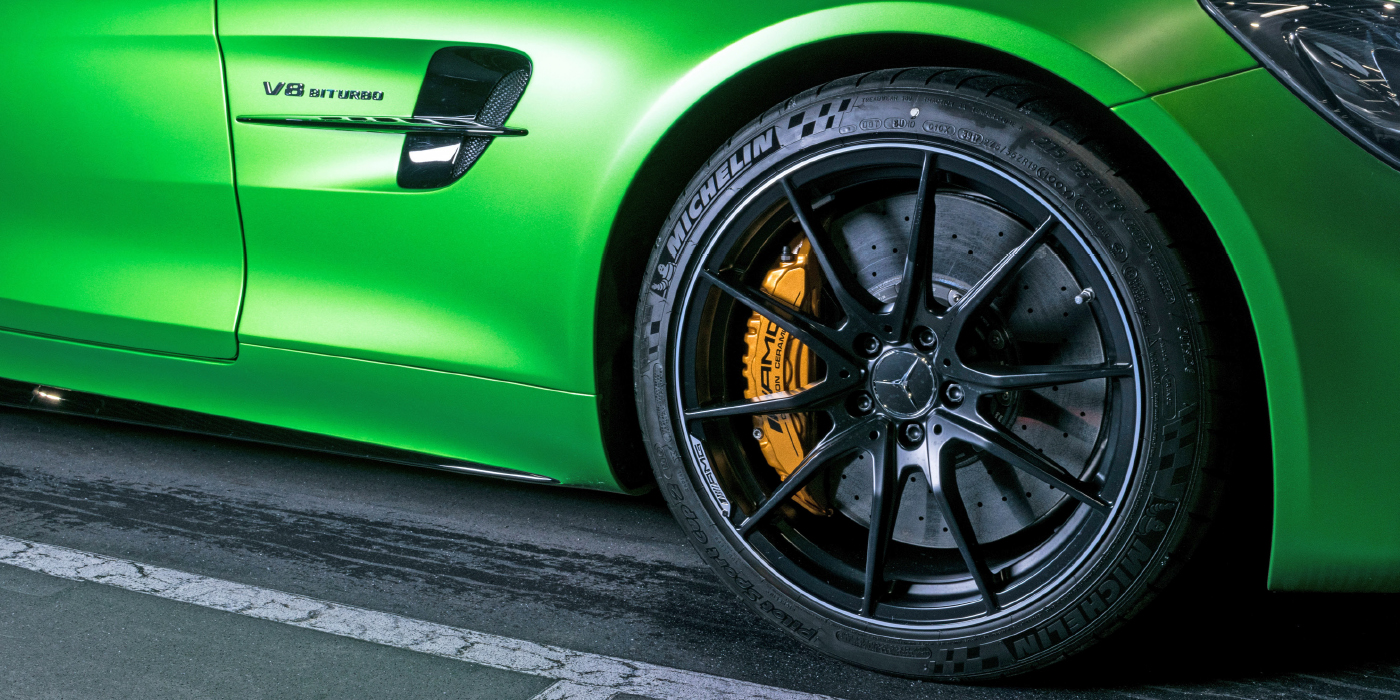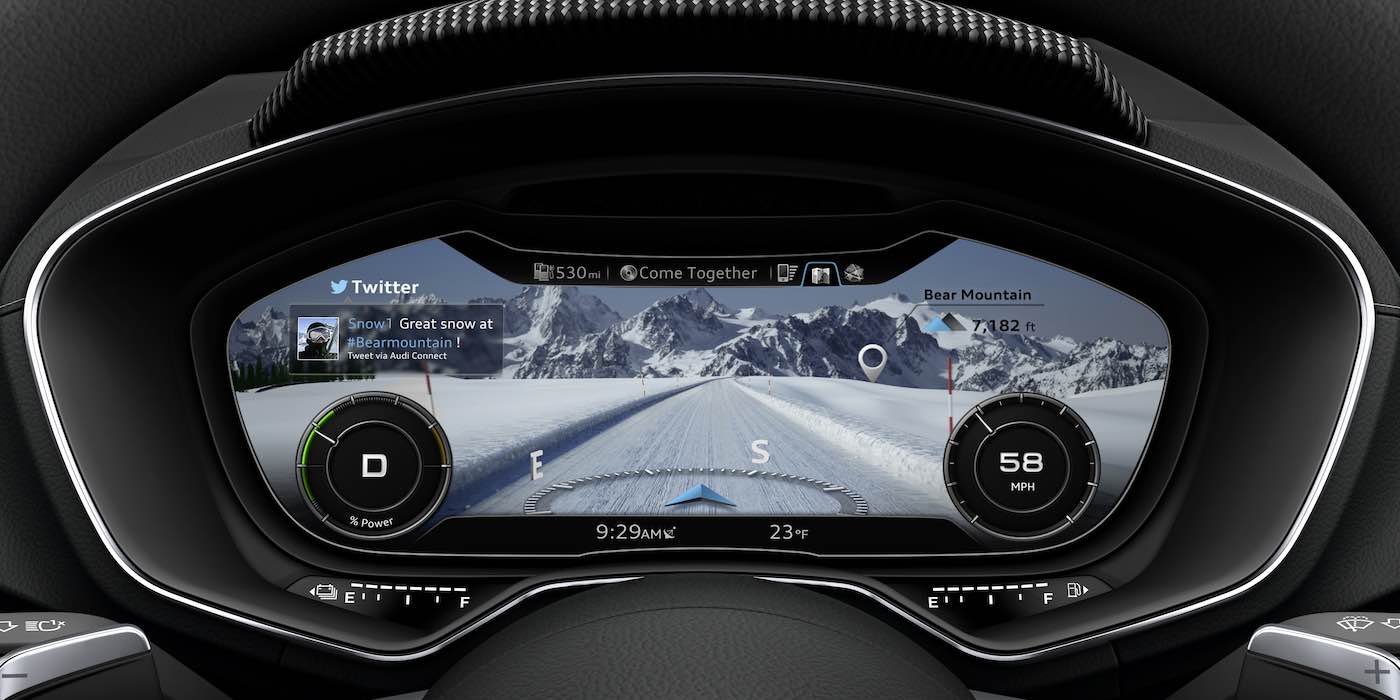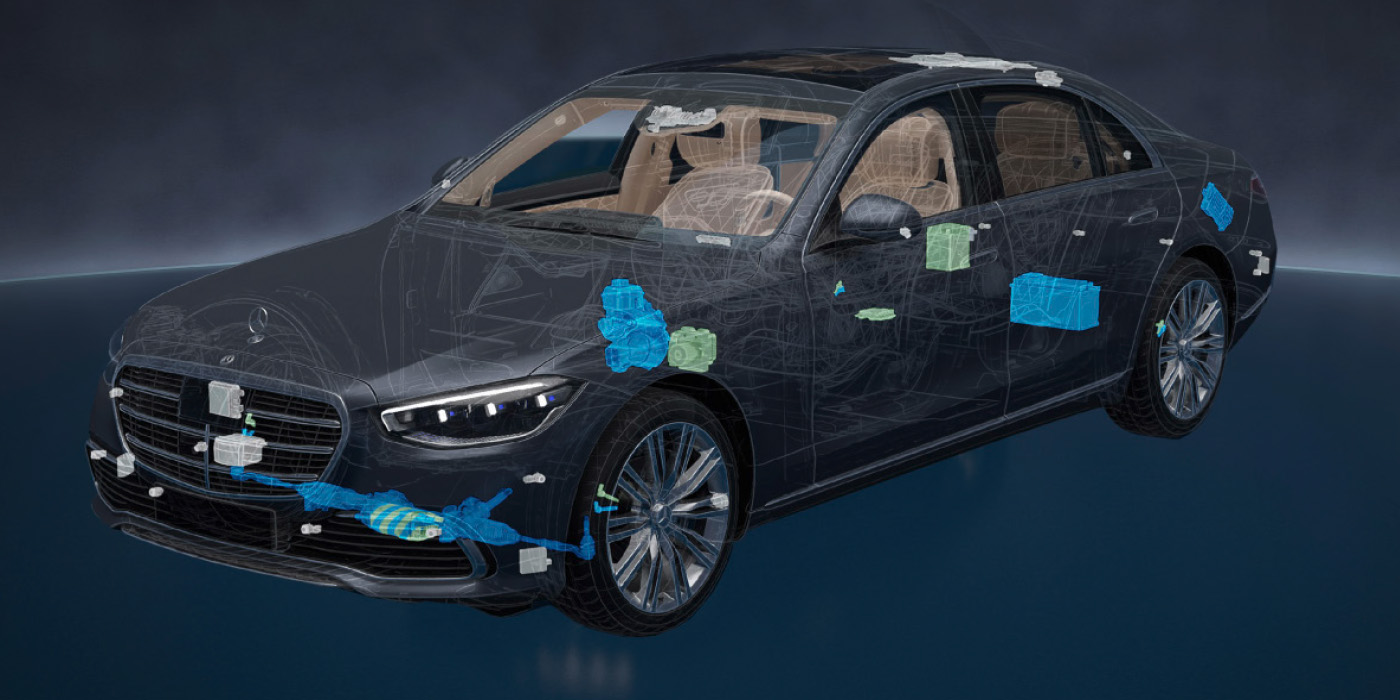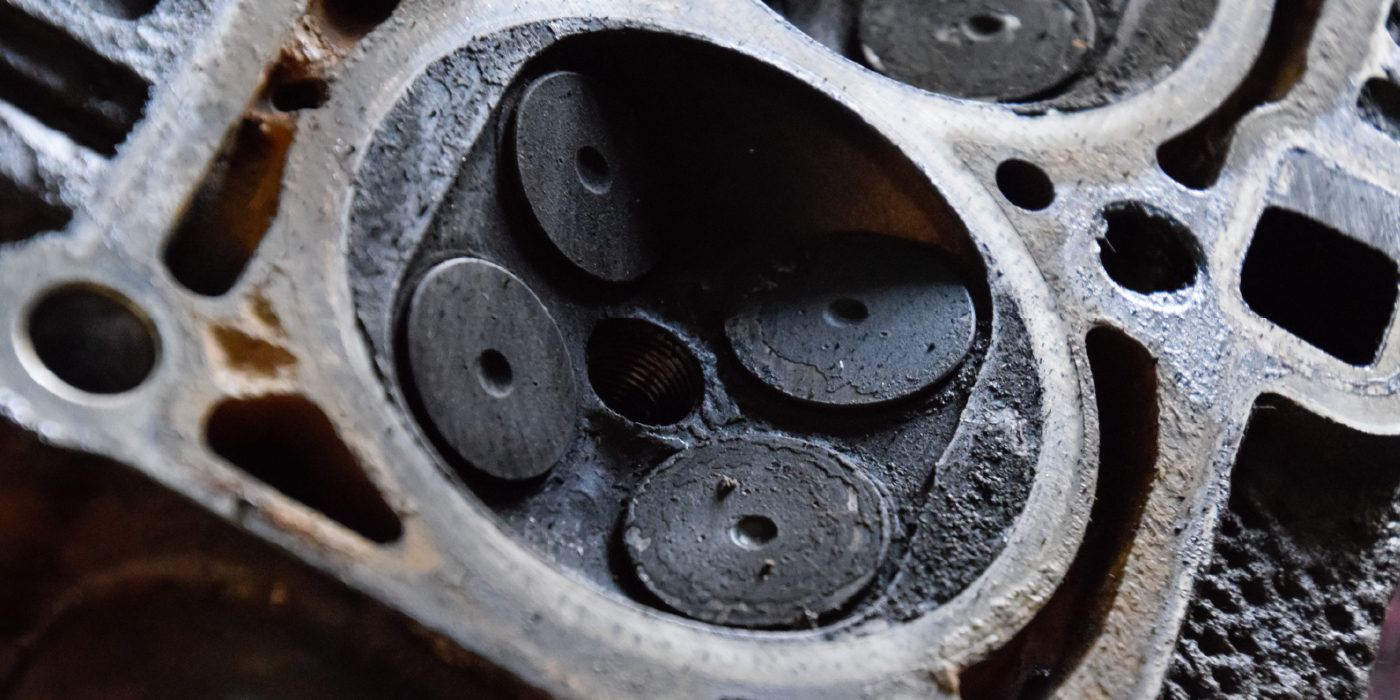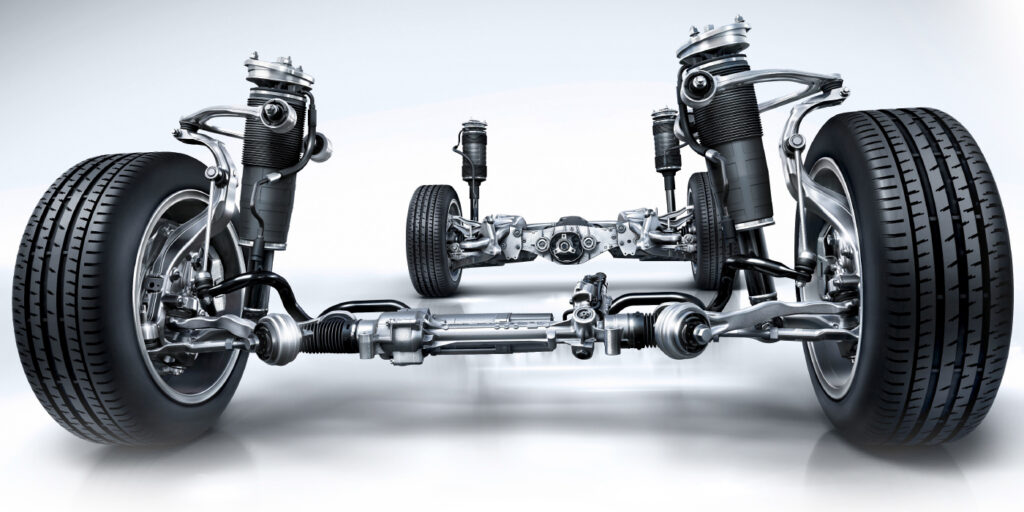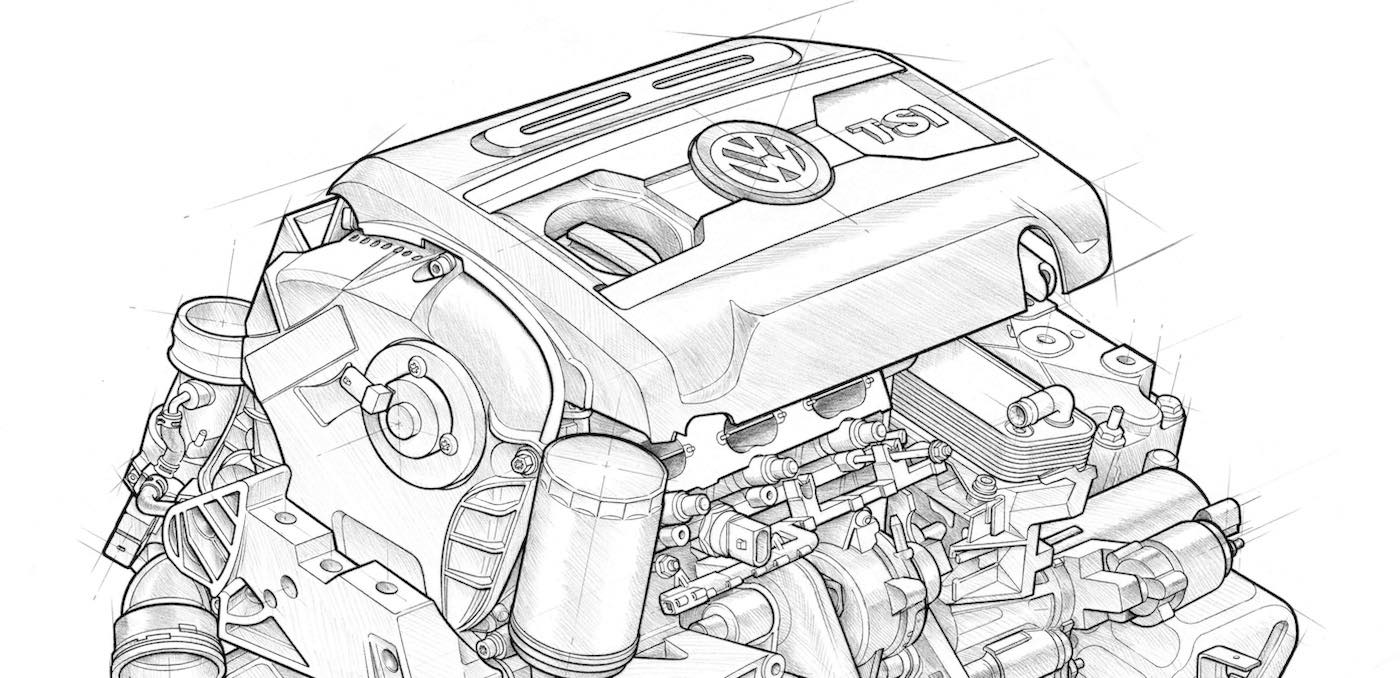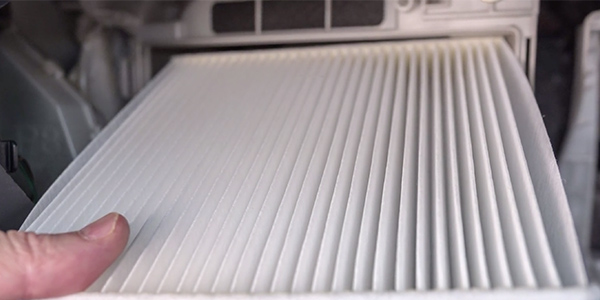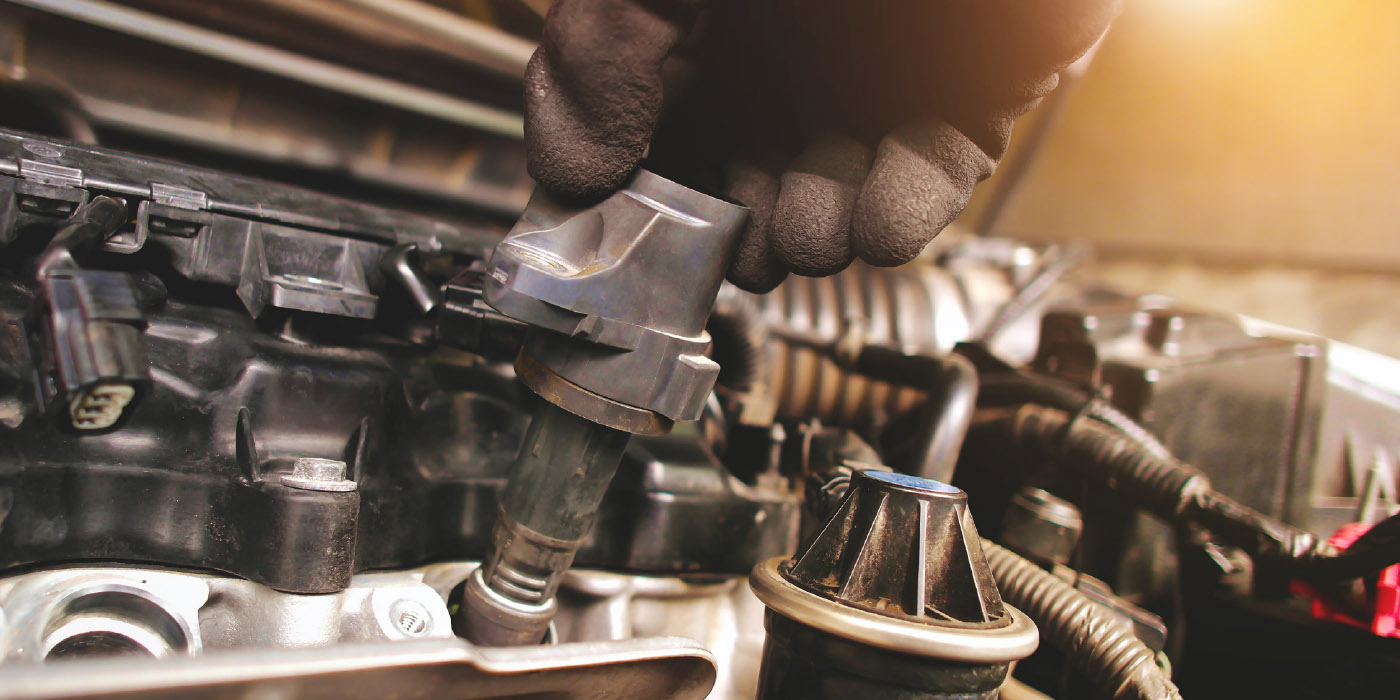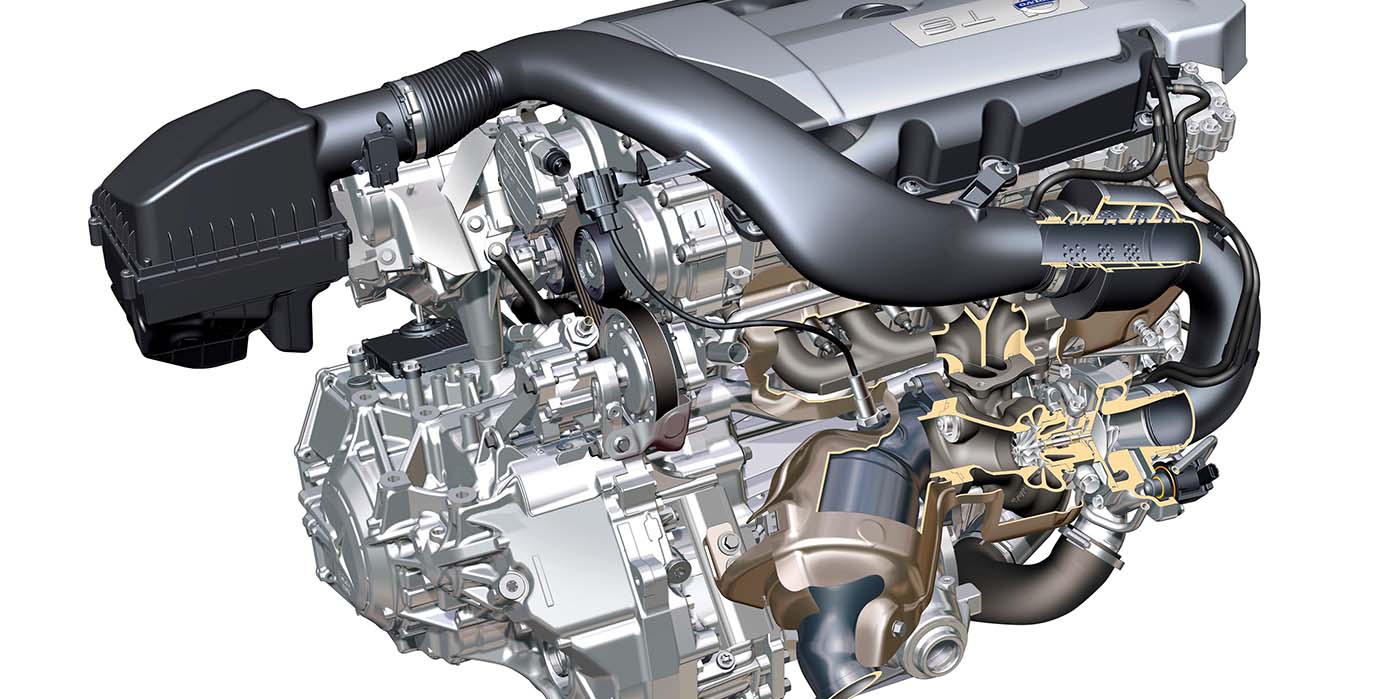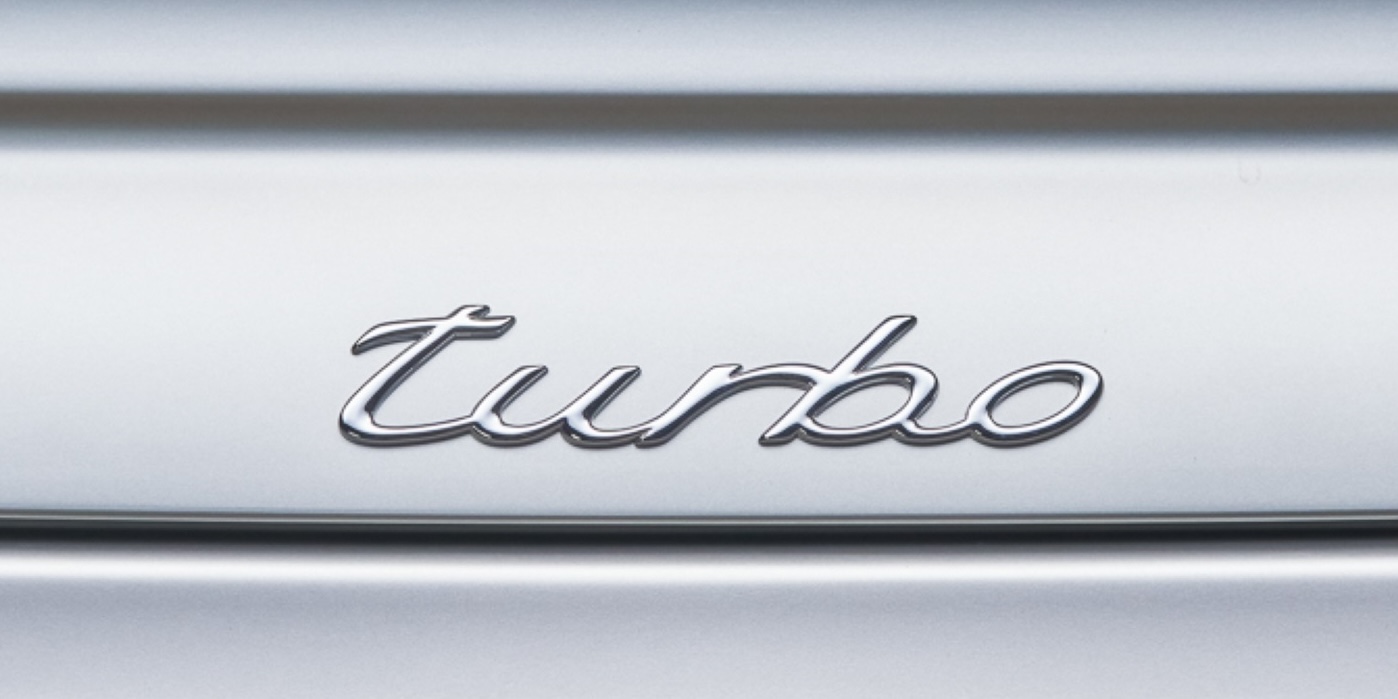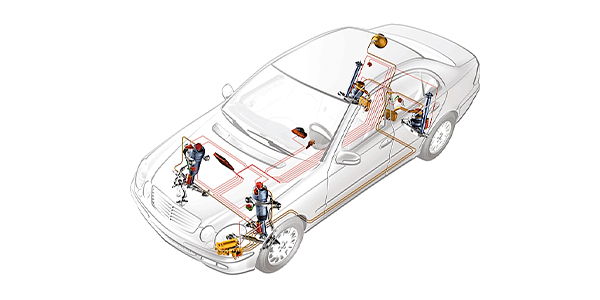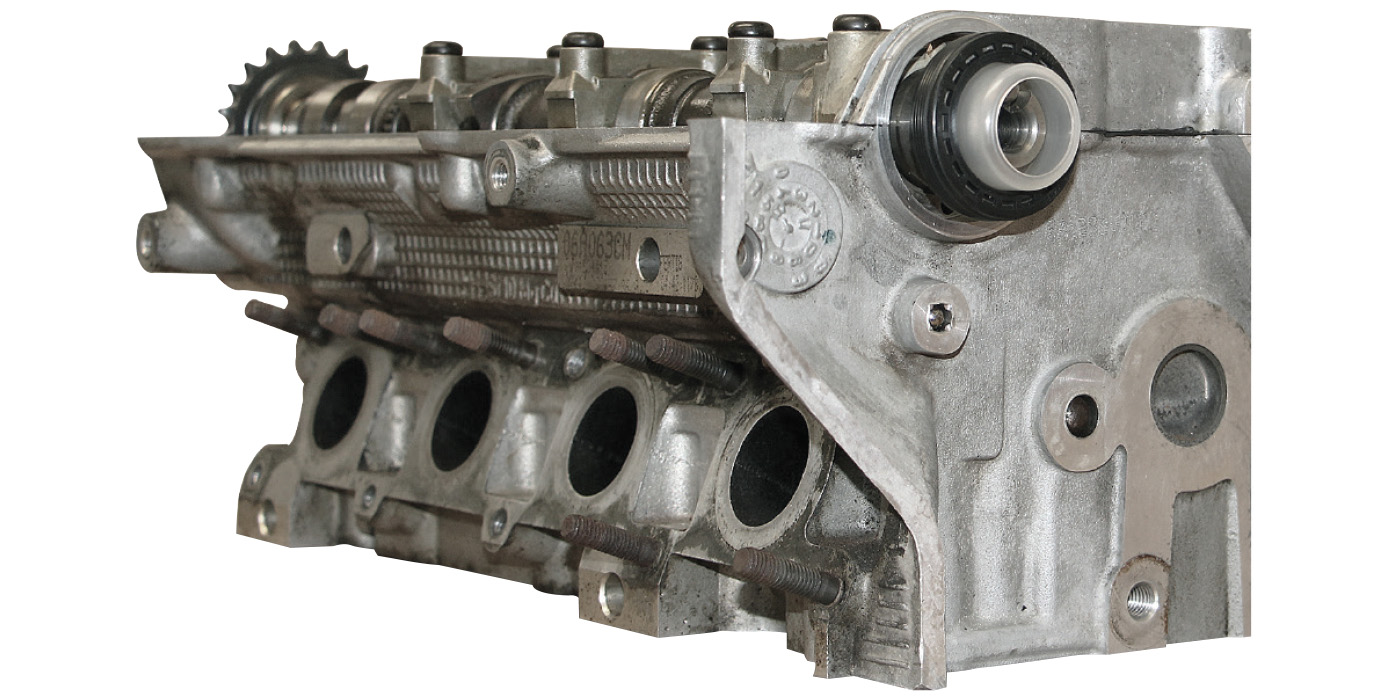New ‘Sequences’ Mean Better Oil Performance Characteristics
European manufacturers abide by the standards set by the European Automobile Manufacturer’s Association (ACEA). These standards are based on testing developed by the European Engine Lubricants Quality Management System (EELQMS). Think of ACEA as the SAE of Europe and EELQMS as the API/ILSAC in the U.S.
Just like in the U.S., the European automobile manufacturers can supersede the industry ACEA certification for the oil to better suit their engine technology. The ACEA introduces new specifications or sequences, as engines and oils change and the EU introduces new emissions specifications. A new sequence usually means the oil has better performance and a reduction in ingredients like phosphorus or sulfur. New sequences typically mean more testing and procedures.
In addition, ACEA and ILSAC try to keep the A/B, GF-5 and SN specifications for oils similar. They do this to ensure that vehicles made by U.S. manufacturers that are imported into Europe and European vehicles do not have huge compatibility problems if the wrong oil is installed.
Compatibility
Are API/ILSAC GF-5 and SN Plus oils compatible with ACEA-rated oils? Yes, you can mix the two oils of the same weight together and they will not explode or degrade the performance of either product. However, the oil might not be compatible with the long-term needs of the engine.
“A” and “B” (1-5) rated oils are stable, stay-in-grade oils intended for use at extended drain intervals in gasoline and diesel engines (cars and light vans). They are specifically designed to be capable of using low-friction, low-viscosity oils with a high-temperature/high-shear (HTHS) rate viscosity.
The “C” rating designation is for catalytic converter-equivalent oils. But, there are also A5/B5 oils with a low sulfated ash, phosphorous and sulfur content.
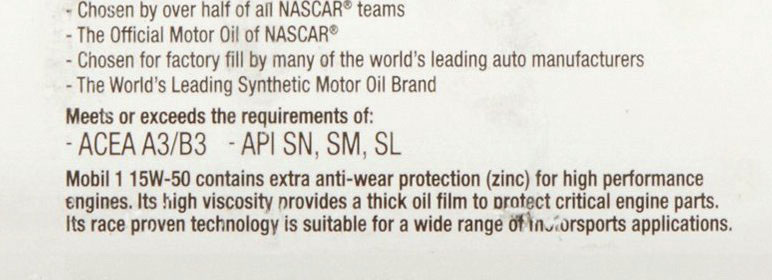
Mercedes-Benz
Mercedes-Benz oils follow the same oil specification trends as other German manufacturers that have had to update to lighter-weight oils to meet Euro 4-6 emission standards and drain intervals.
VW/Audi
Volkswagen and Audi have issued 11 different motor oil specifications over the years. Most Volkswagens produced after 2000 have the long drain-interval option, WIV (Wartungs Intervall Verlängerung), or longer service intervals. Volkswagen started with VW 500.00 and it is currently developing VW 509.00.
Many of the oil standards supersede or improve previous specifications and are backdate compatible. This means VW 502 oil can use VW 504 oil.
To be sure that you select the correct oil to meet VW’s standards, make sure to check the owner’s manual or repair information database. Your oil supplier may even have a guide on its website to help determine what ACEA- or ILSAC-certified oils meet the VW standards. You may be surprised which mass-market synthetic oils do meet VW’s stringent specifications for VW 507 for diesels.
BMW
BMW has only three oil specifications — BMW Longlife-98, BMW Longlife-01 and BMW Longlife-04. These oils typically meet and exceed ACEA and API SN standards. But, some brands meet and exceed both specifications.
When selecting bulk oil to service European vehicles, you will need to do your homework. Most oils have a product data sheet that will list what standards are being met by the oil. These can include OEM, ILSAC/API and ACEA specifications. Doing this homework is the best way to pair the best engine oils with the vehicles you service.

